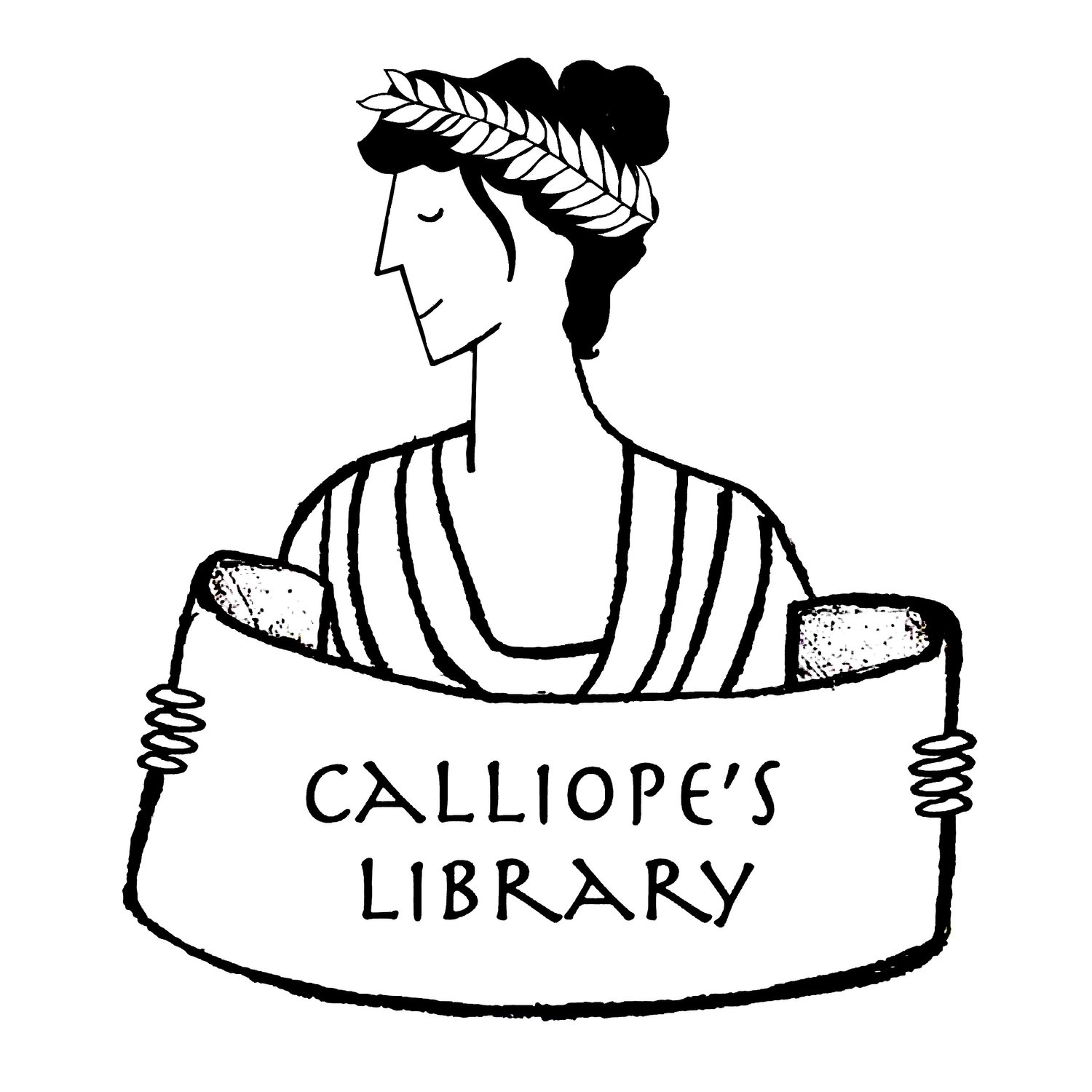Title: Percy Jackson and the Olympians, The Heroes of Olympus, The Trials of Apollo
Author: Rick Riordan
Date: 2005-2020
Tags: 7+, Middle grade, Young adult, Setting: Contemporary, Series, Perseus, Odyssey, Gigantomachy, Apollo, Greek Myth, Roman history
Percy Jackson and the Olympians series (The Lightning Thief, The Sea of Monsters, The Titan’s Curse, The Battle of the Labyrinth, The Last Olympian)
The Heroes of Olympus series (The Lost Hero, The Son of Neptune, The Mark of Athena, The House of Hades, The Blood of Olympus)
The Trials of Apollo series (The Hidden Oracle, The Dark Prophecy, The Burning Maze, The Tyrant’s Tomb, The House of Nero)
Readers interested in a scholarly approach to children’s literature may consult this title on Our Mythical Childhood Survey*
Rick Riordan changed the landscape of children’s literature engaged with Greco-Roman antiquity. His influence can be detected in many works by other authors published since The Lightning Thief appeared in 2005. Riordan followed the Percy Jackson and the Olympians books with two more series, The Heroes of Olympus and The Trials of Apollo. Each series has an overarching theme: an uprising of the Titans, a revolt of Gaia and the Giants, and the travails of Apollo (temporarily turned mortal) and his friends as they try to save oracular sites from a triumvirate of notorious Roman emperors. Riordan creates a distinctive world in which the gods of classical myth produce demi-god children in the present day. Key ingredients include narrative action paced like TV episodes, the incorporation of specific real-life sites, humor pitched to a middle-school audience, and the synthesis of an astounding variety of ancient material ranging from the well-known to the obscure. Riordan adopts different voices for each series: Percy Jackson, son of Poseidon, narrates the first; the second uses third-person narration with shifting focalization; the last returns to first-person with Apollo, an outrageous, unreliable narrator who learns and grows as he reflects on his past misdeeds and is transformed by his time as a human teenager. Although I admit I was put off by Percy's sometimes anti-academic attitude in The Lightning Thief as well as instances of casual sexism and othering, my students urged me to give Riordan another try and suggested that he seems to have taken such concerns to heart in later books. As the three series progress, the perspective broadens and Riordan develops a narrative universe populated by characters with more nuanced identities who navigate the personal and social hurdles of growing up while grappling with the epic predicaments that come their way. – Rebecca Resinski
* For further information on the Our Mythical Childhood Survey, please refer to the website of the project “Our Mythical Childhood” [link: http://omc.obta.al.uw.edu.pl/], led by Prof. Katarzyna Marciniak at the Faculty of “Artes Liberales,” University of Warsaw, Poland, with the participation of Bar Ilan University, University of New England, University of Roehampton, University of Yaoundé 1, and other affiliated scholars, within the funding from the European Research Council (ERC) under the European Union’s Horizon 2020 Research and Innovation Programme (grant agreement No 681202).


